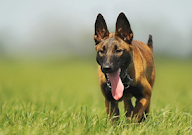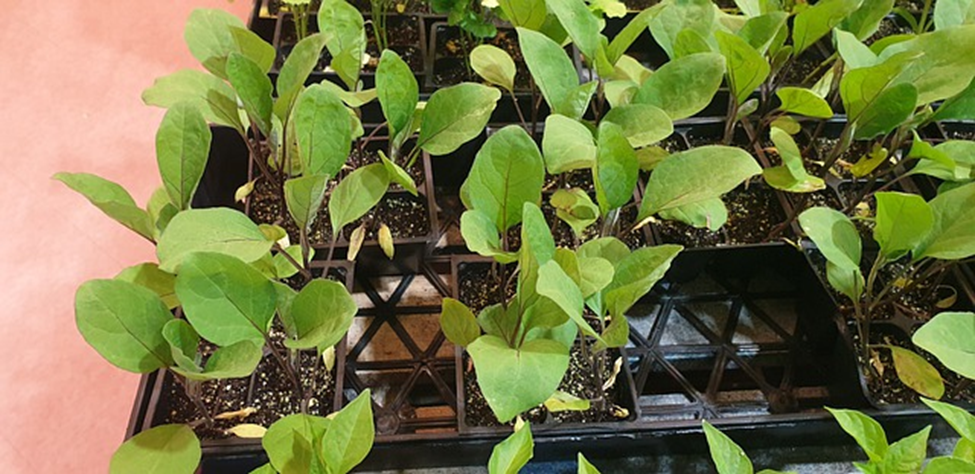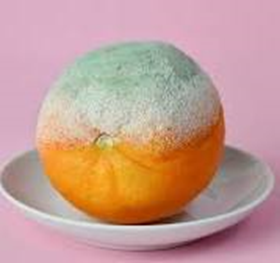Let’s talk Pets! Keeping your Pet Safe!
Happy Holidays to All
We
hope you had a delightful season/ winter break!
Anti-freeze:
Hazard: Ethylene glycol in
antifreeze is highly toxic to pets.
Symptoms: Vomiting, lethargy,
difficulty walking, increased thirst, and rapid breathing.
Safety Tip: Prevention: Keep all antifreeze
containers tightly sealed and store them out of reach. Clean up spills
immediately.
Plants & Flowers:
Hazard: Some plants, like
lilies, poinsettias, and mistletoe, can be toxic to pets if ingested.
Symptoms: Vomiting, diarrhea,
lethargy, and sometimes difficulty breathing.
Safety Tip: Identify pet-safe
plants and ensure potentially toxic ones are out of reach or not present in the
home.
Chocolate:
Hazard: Theobromine in
chocolate is toxic to pets, especially dark chocolate.
Symptoms: Restlessness,
increased heart rate, tremors, vomiting, and in severe cases, seizures.
Safety Tip: Keep all chocolate
products away from pets, and educate family members about the dangers.
Human Medications:
Hazard: Many medications,
including pain relievers, can be harmful to pets.
Symptoms: Vary depending on the
medication but may include vomiting, lethargy, difficulty breathing, and
seizures.
Safety Tip: Store medications
securely, and never give human medications to pets without veterinary guidance.
Wild Mushrooms:
Hazard: Ingesting certain
wild mushrooms can be toxic to pets.
Symptoms: Vomiting, diarrhea,
lethargy, difficulty breathing, and in severe cases, liver, or kidney failure.
Safety Tip: Keep pets away from
areas where wild mushrooms may grow, and promptly remove any mushrooms in your
yard.
Foods:
Hazard: Moldy foods, such as
bread, fruits, and certain dairy products, can produce mycotoxins that are
harmful to pets.
Symptoms: Vomiting, diarrhea,
lethargy, tremors, and in severe cases, seizures.
Safety
Tip: Ensure
that pet food is stored properly to prevent mold growth. Keep human foods out
of reach, especially if they are prone to mold, and promptly discard any moldy
items.
Keeping
a vigilant eye on your pets, securing potentially harmful items, and being
aware of common hazards can contribute to a safer environment for your furry
friends.
Note: Always have your
parent or guardian contact your veterinarian if you suspect your pet has
ingested something harmful. It's important to act quickly in case of poisoning.
Providing your veterinarian with information on the ingested substance and
observing any symptoms can aid in timely and effective treatment.
Kids, - By you and your parents educating
yourself about these common hazards, you're helping to become a responsible pet
owner who can provide a safe and loving environment for furry friends.
Also,
regular veterinary check-ups also play a key role in maintaining your pet's
health and addressing any concerns promptly.
Wishing
you, your family, friends, and teachers
A Good, Safe
and Healthy Year!
Learn
something New Every Day! 😊












Comments
Post a Comment